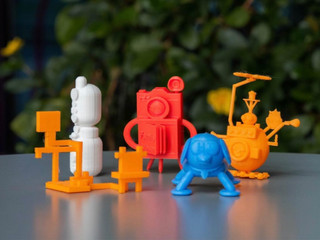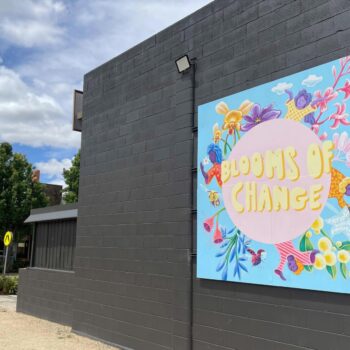The City of Charles Sturt wanted to help co-design a program for the re-education of members of their community around periods and menstruation, including actions that can help address period poverty.
With the help of a Commissioner’s Period Poverty Grant, and to ensure the program would meet the needs of the whole community, they recruited a group of passionate young people from diverse backgrounds to help co-design a Period Poverty Workshops project.
The young people proposed a series of community workshops to help educate members of the Charles Sturt community about the prevalence of period poverty and the practical actions that can be taken to help alleviate it, simultaneously raising awareness around the menstrual inequality that exists across the Charles Sturt community. Two of the five workshops were co-presented with TABOO – a local South Australian enterprise also committed to tackling period poverty and the stigma surrounding periods and menstruation.
A further three workshops were presented to council staff and volunteers to highlight the importance of remaining sensitive to the needs of members of the community in relation to periods and menstruation, particularly those who are experiencing period poverty on a recurring basis.
Sumaiya, who attended one of the community workshops shared how important events like these are.
“It was great hearing different people’s experiences and knowing that I’m not the only one who has found myself without menstrual products and not being comfortable to ask for help. This is something I will definitely talk more about now.”
As a result of consultations undertaken during the workshops, the City of Charles Sturt will begin displaying a poster campaign presenting common beliefs about menstruation versus the ‘harsh reality’. Mistri, who is one of the local artists who has designed a poster for this new community re-education campaign was pleased to be involved.
“I have enjoyed creating the education poster as this is a very passionate topic for me. It wasn’t something I was able to talk about when I was younger. We need to know this information.”
As part of the council’s efforts to make ending period poverty both economically and environmentally sustainable in its community, period products are being made freely available upon request to council staff or council volunteers, with the overall intention being to address recurring instances of period poverty across the community so those who are experiencing period poverty regularly can have this situation alleviated in a discreet and ‘holistic way’.
To find out more about the work to destigmatise periods and menstruation visit periodjustice.com.au




